Hearing a ballet of bullets dancing around me as I hide behind cardboard held up by reinforced cement happens far more often than I’d like in STALKER 2: Heart of Chornobyl. It’s an unforgiving wasteland filled with mutants, bandits, and carefully constructed choices that can provide an easier—or more complicated—life than you already have to deal with.
Still, the difficulty doesn’t keep me from playing. On the contrary, it encourages me to consider every time the footsteps or the idle chatter of bandits are nearby. Every engagement becomes a difficult challenge, with no way to improve with a specific skill tree, similar to many extraction shooters. Instead, STALKER 2 motivates me to improve myself by relying on risking it all to get new gear and using the experience I’ve built up along the way.
Welcome to the Exclusion Zone
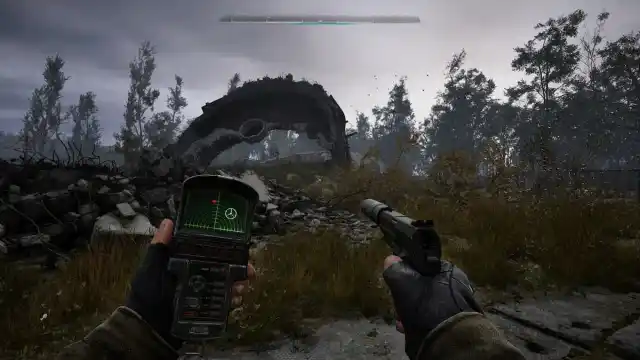
The framework of STALKER 2 is wrapped around a challenging survival game alongside the difficulty of an extraction shooter. To counter those complex scales, there’s a story that provides a linear roadway for you to move forward. The narrative follows your main character, Skif, who’s purely interested in exploring the Exclusion Zone because an artifact, a special item changed from the radiated conditions of the Zone, crashed into his apartment. After the item destroys his flat, it’s out of juice, but it can be recharged in the Zone using special equipment.
The start of Skif’s journey doesn’t frame him as wanting to be a hero, and the path you follow with him doesn’t force him to commit to it one way or another. But the many side quests and choices you’ll face along the way tell a different story, giving you the chance to play Skif the best way you feel—but don’t expect an expansive RPG.
What’s interesting is how others view you based on those choices and how the world ripples out from even minor decisions. These happen during the side quests and how you plan to approach main quests. The development team did a great job of suggesting a path forward while giving enough freedom to weigh these decisions against each other.
The real draw comes with the strenuous exploration and rewards that come with every dangerous risk. Each step outside of a town or settlement feels rife with danger. Not only is the mutated wildlife out to get you but any other bandit who wants to make money on the loot you’ve been saving up.
Embracing the stalker life

Stepping out of a town comes with the gravity of not knowing what’s around the corner. There are thrills and plenty of threats that coexist with each other. What makes this game fun is how helpful it is from the start, and then it’s more than happy to remove those training wheels for you to explore freely and approach situations that fit your playstyle. It all comes down to how you approach obstacles and if you’re prepared for them. The gunplay is also a lot of fun and rewarding, even if the encounters are perilous.
Being prepared is a huge part of STALKER 2, which can feel daunting each time you enter a settlement. You start asking yourself if you need to double-check your bullets, or if you have enough money to buy smaller supplies, and what steps you plan to take to gather up those supplies that feel like a suitable use of your time. How you spend your time is important because if you charge out everywhere expecting a standard shooter or RPG experience, expect to find yourself your latest autosaves over and over again.
Knowing when to pull back while in the Zone is essential as well. Gathering up enough loot to sell to a local trader is critical. Without a skill tree, STALKER 2 becomes a complicated experience of focusing on your gear, improving it, and getting better equipment. The more tools you have in your inventory and weapons at the ready, the more additional options you have in every encounter.
Climbing the difficulty mountain

The blend of central quests and extraction shooter-like gameplay presents a complicated relationship with the player. It’s easy to get lost with how challenging STALKER 2 can feel throughout the experience, where being prepared not only means having the correct supplies but also making sure you’ve saved at the best points.
This might not be a pause for some players. Those who haven’t played TARKOV or Grey Zone Warfare, which flirt with near-instant death after the player is shot a few times alongside twitchy gameplay, might be surprised by what they’re playing. Thankfully, it does gradually part as you find new gear and unique items throughout your playthrough, but getting there is a challenge.
Some settings allow you to tone down the difficulty for those who want a more accessible experience for combat or to focus on the story. It might be recommended for those who don’t know what to expect from STALKER 2 and likely won’t be a huge surprise for those who’ve played these games. Still, the sheer mountain of difficulty you feel you’re facing when you have to double-check every item in your inventory while playing on normal is daunting. Lowering the difficulty might not make inventory management easier, but surviving fights and not carrying around as much food or ways to reduce radiation are a relief. What is fun is seeing that curve steadily go away as you get better, but it does take time to earn it.
Embracing the Zone
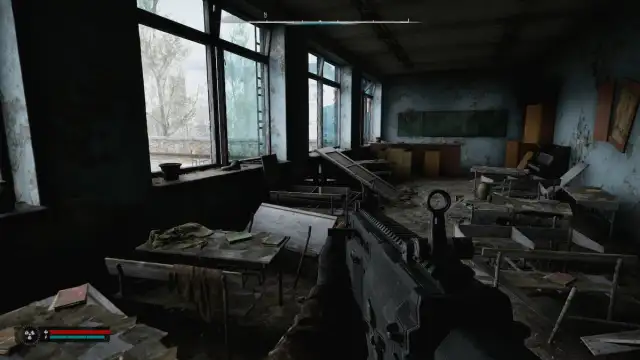
STALKER 2 can be a fun experience as you work your way through the game. The initial area will feel like the toughest because of how much it can take you by surprise. Still, as you gradually expand to other locations, find new gear, and embrace the thought of being prepared, it’s rewarding in all the right ways, even if getting there feels like climbing an irradiated mountain.
The destination is well worth the journey, though.
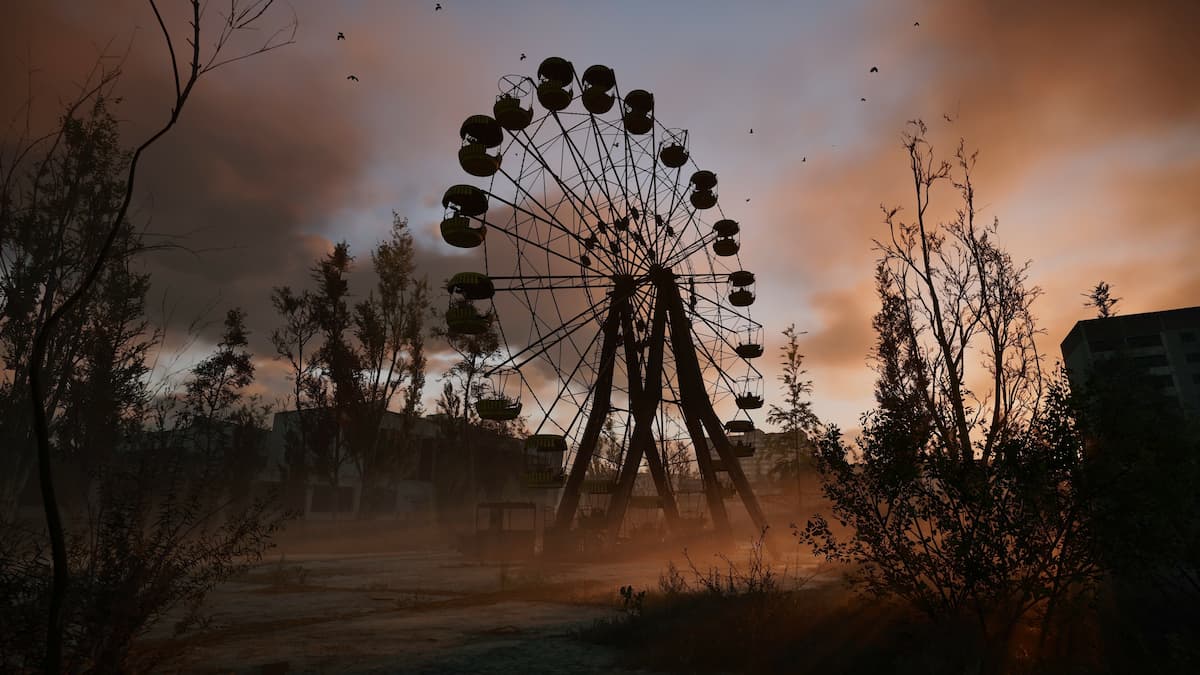
- Decisive choices with rippling effects
- Enjoyable gunplay
- Rewarding upgrade, and gear system, relying on players rather than skill trees
- The sheer difficulty can suffocate players
- Preparation can feel like a chore
- Getting to the fun takes time and willpower


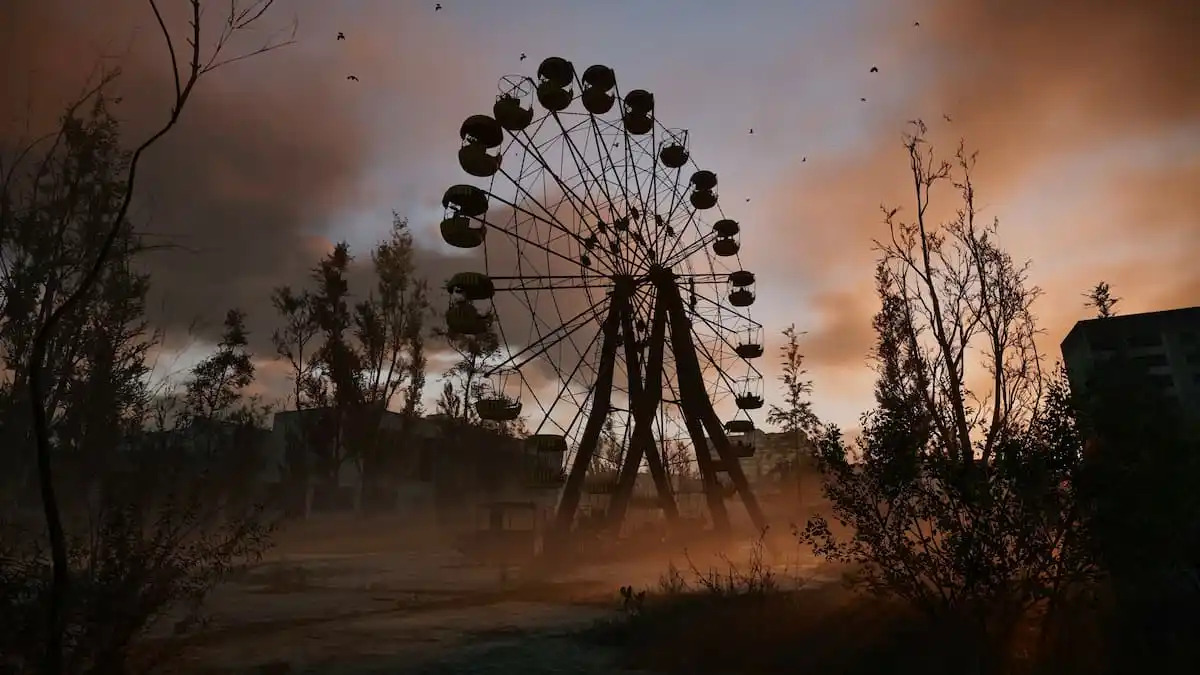
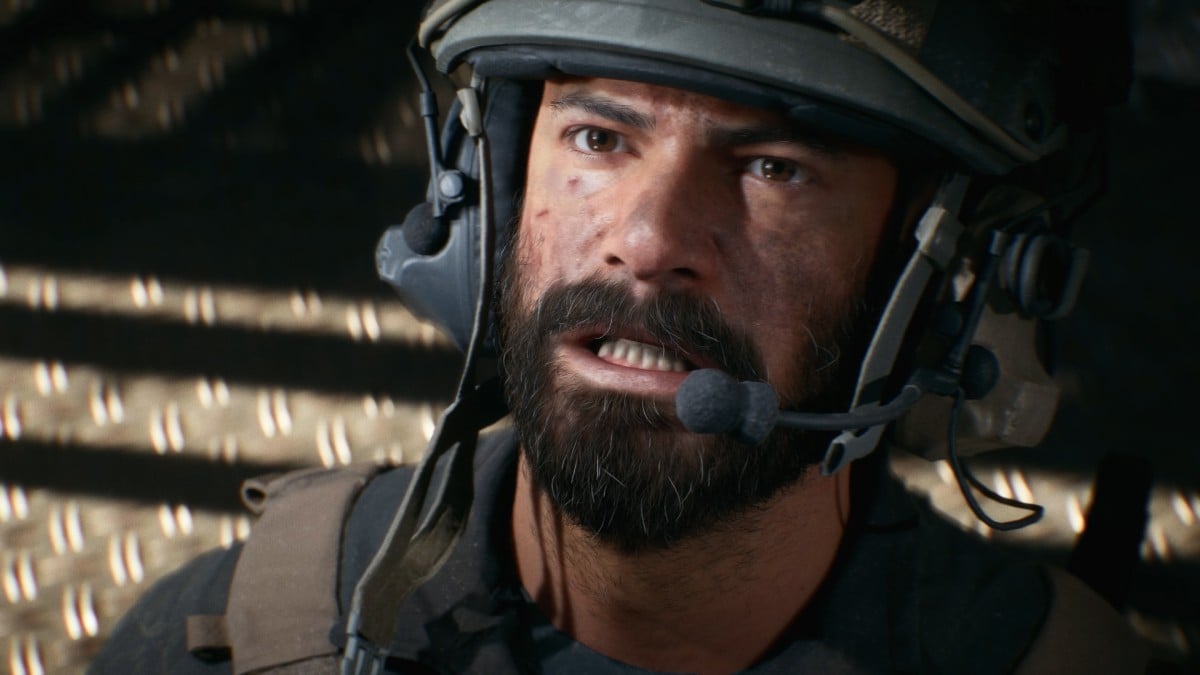
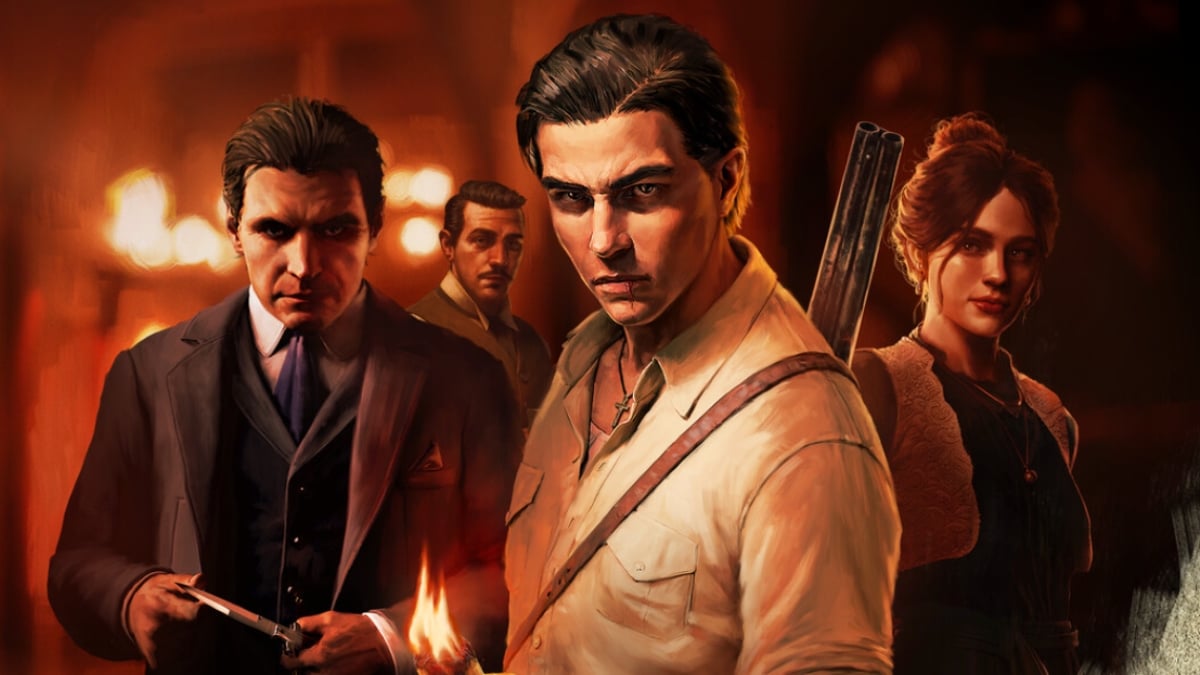
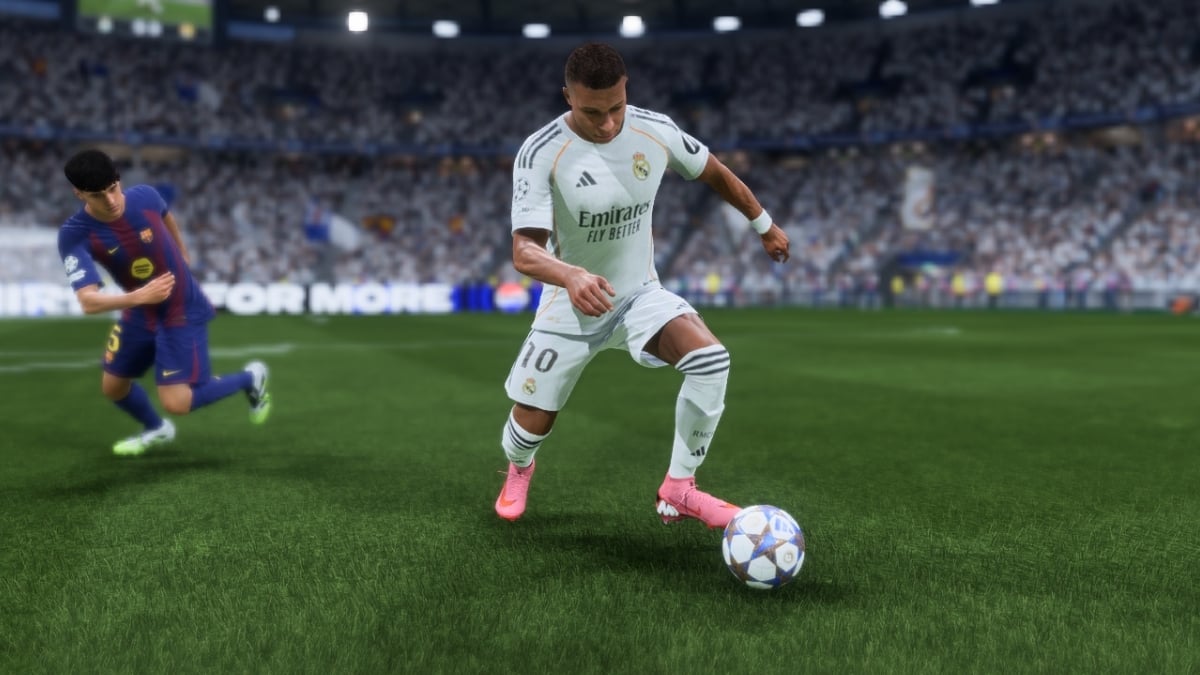
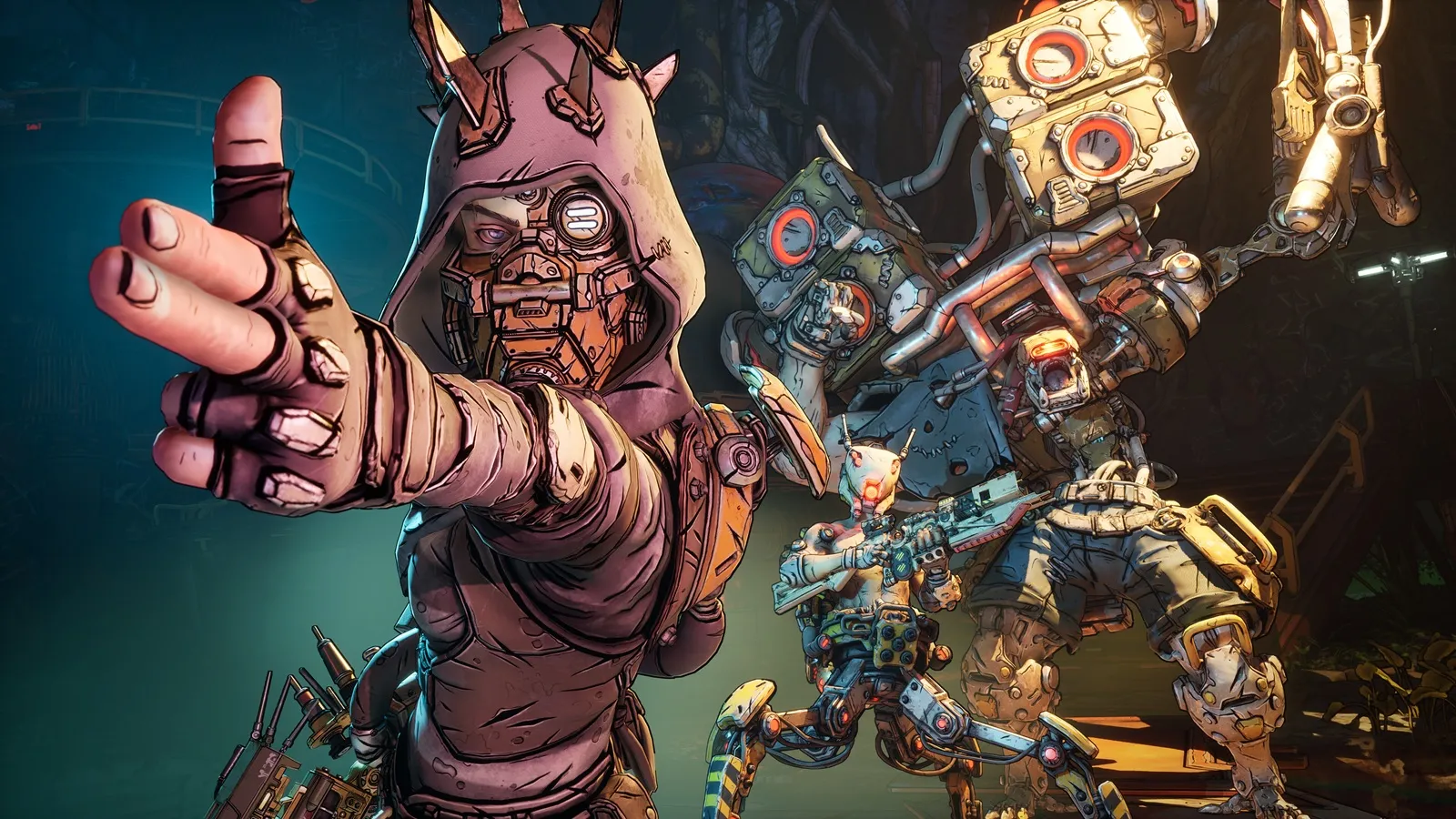
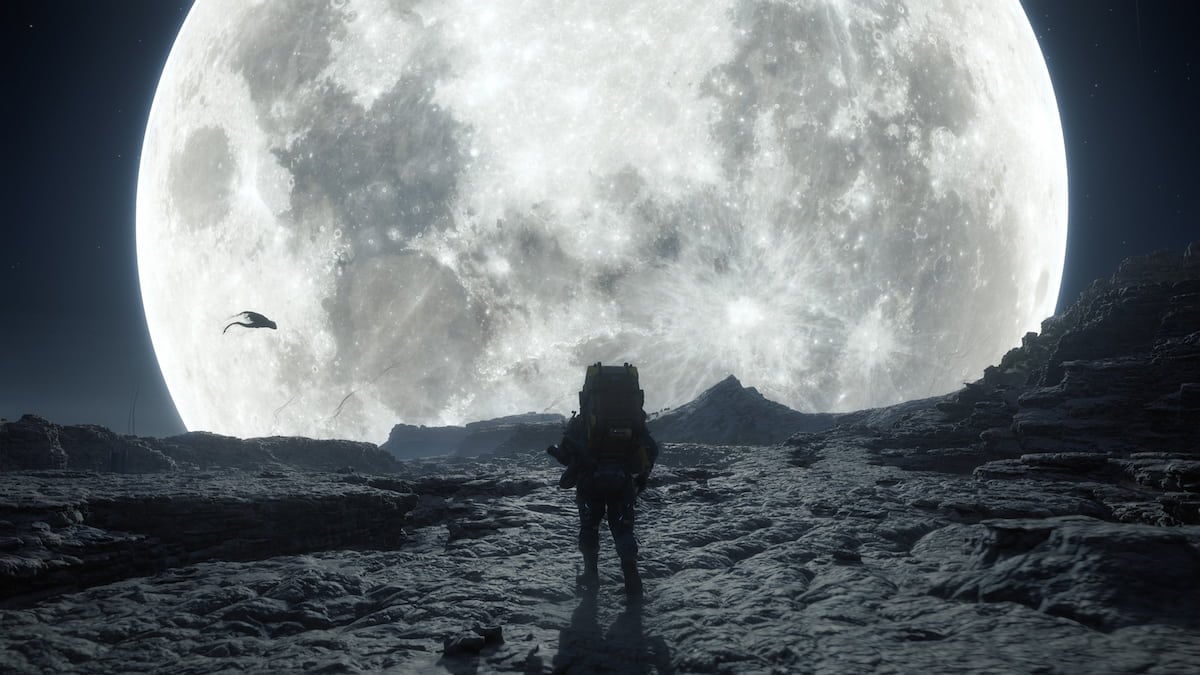
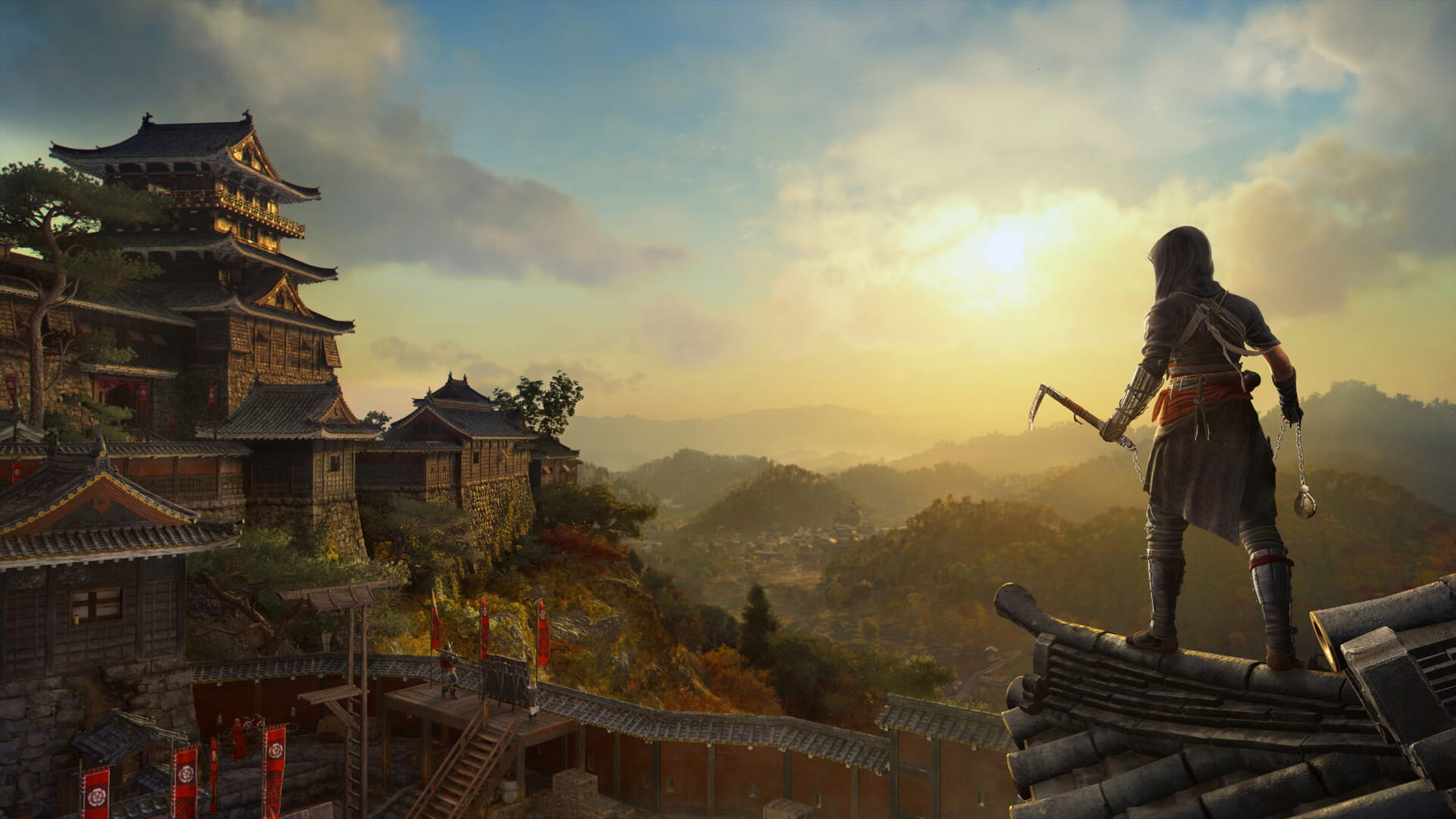
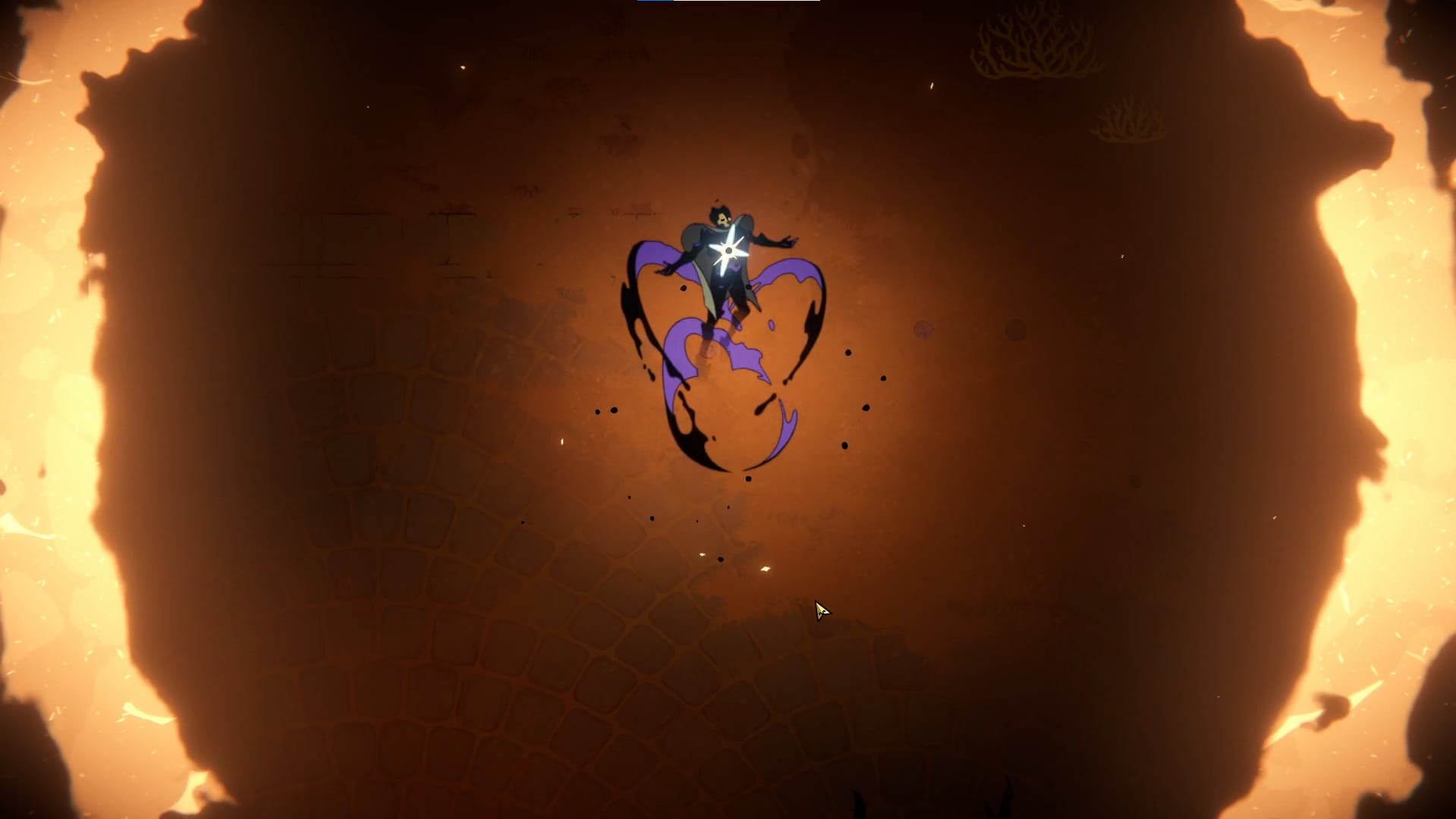



Published: Nov 20, 2024 09:00 am